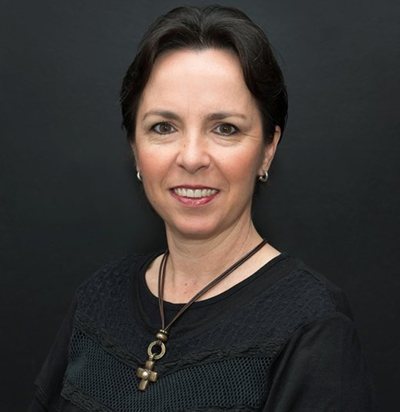 NMMU’s Prof Shelley Farrington, a founder member of the University’s Family Business Unit, is delivering her inaugural lecture on family-owned businesses.
NMMU’s Prof Shelley Farrington, a founder member of the University’s Family Business Unit, is delivering her inaugural lecture on family-owned businesses.
In fact, family businesses are estimated to account for approximately 70% of global GDP annually and for more than 50% of jobs in most countries. And when the financial climate is tough, it is family businesses that tend to outperform their non-family counterparts.
These are some of the insights Nelson Mandela Metropolitan University’s Prof Shelley Farrington will be sharing in her inaugural lecture as a full professor on July 25.
“There is a lot of evidence to suggest that family-owned businesses account for the largest percentage of economic activity in the western world,” said Farrington, who is a founder member of NMMU’s Family Business Unit and one of only a handful of South African researchers in the emerging field of family businesses. It is a field that has only been of interest to scholars for about 30 years.
Through her lecture, titled “Family Business: A legitimate scholarly field”, she hopes to introduce more people to the field, and increase the pool of South African researchers.
Predominantly overseas research into family businesses has indicated key differences between family-owned businesses and those not owned by families.
For a start, the psychology behind each is different: in a family-owned business, the family’s values are at the heart of the business. Where many businesses base their decision-making on predicted financial wealth, family businesses have more than financial gain or loss at stake, including the reputation of the family. Thus their decisions are also based on preserving the family’s “socio-emotional wealth”.
“A family-owned business generally won’t take a decision, no matter how profitable it could be, if it will affect the family’s reputation, as the family’s name or identity is associated with the business, and is linked with pride and confidence.”
Other factors that fall under the umbrella of “socio-emotional wealth” include the need for belonging, meeting family expectations, adhering to family values and fulfilling the family’s objectives.
Farrington said there was a “reciprocal influence of the family on the business and vice versa”.
“The affairs of the business are intertwined with the family and there are strong emotional overtones, among them love, hate and jealousy. The boundaries between the family and the business are often blurred.”
Farrington herself co-owned a family business in Plettenberg Bay with her two brothers for 13 years, so has first-hand knowledge into family-owned businesses. Her doctorate in business management, which she completed in 2009, was titled “Sibling partnerships in South African small and medium-sized family businesses”.
“Family businesses should be positioned as an independent field of study. More often than not, studies on family businesses form part of a broader study of management or marketing … I want to show that it’s a legitimate field of study on its own.”
In South Africa, Farrington said there was virtually no research on black African family-owned businesses, and this was an area she would like to pursue going forward. “The African culture would likely influence the way these businesses operate. I would like to compare their strategies for doing business, with the strategies of other cultures.”
She said most of the world’s research on family-owned businesses was in the United States, Europe and, increasingly, in South America and Asia.
Farrington, who is a National Research Foundation (NRF) rated researcher, was the Faculty of Business and Economic Sciences’ researcher of the year in both 2012 and 2013 and received an NMMU research excellence award in 2013.
She has authored or co-authored 39 national and international journal articles, and 80 conference papers, and is the co-author of a book titled “Starting and managing your own business”.